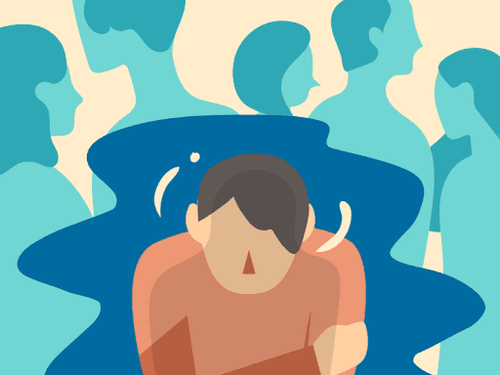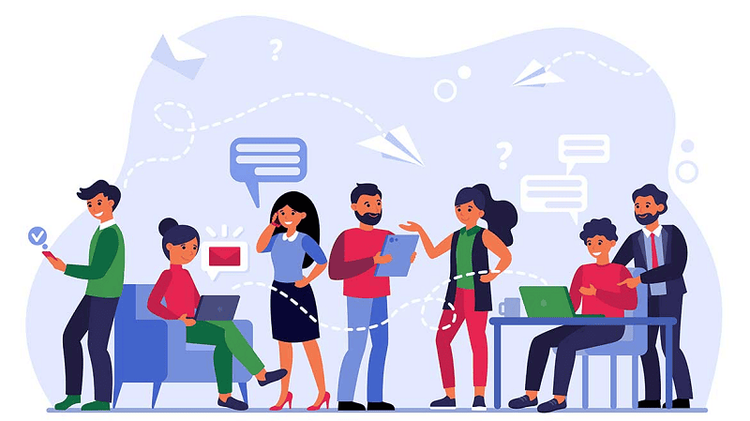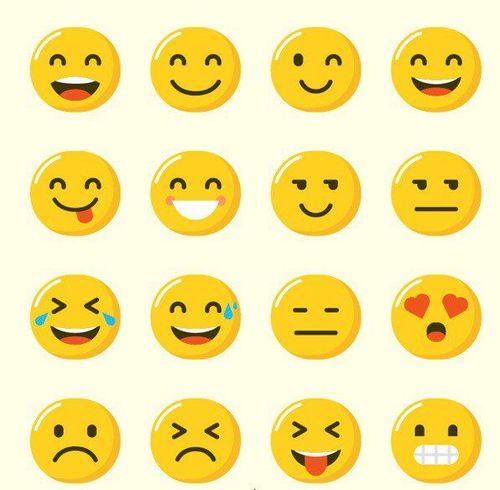This is an automatically translated article.
Human emotions play an important role in attention, memory, reasoning and other thought patterns. More and more scientists are appreciating this link in hopes of understanding the mechanism behind psychosis.
1. Research on the relationship between human emotions and attention and perception
A recent study found that people pay more attention to emotional stimuli, such as looking at a picture of a snake or spider.
Although the part of the brain involved with emotions is different from the part of the brain that controls human attention and perception, they are somehow linked. Similarly, the emotional machinery also affects the brain structures involved in memory formation and decision making.
Because emotions play an important role in human reason, and emotional instability is the cause of a wide range of mental and neurological disorders, learn about how Emotions trigger attention, perception, and memory that will help reveal the mechanism of these disorders.
According to a London-based neurologist, further research in this area is crucial to understanding many mental disorders.
2. Human Emotion Triggers
Every day you can experience a range of emotions, from emotional, annoyed, angry, to happy, frustrated. These feelings are often related to specific events, such as a meeting with your boss, chatting with a friend, or meeting a lover. Your reaction to these events may vary depending on your thinking and situation.
An emotional trigger is something that creates an intense emotional response, regardless of your current mood. Everyone has some unique emotional triggers, such as someone bringing up unpleasant memories, inappropriate topics of conversation, other people's words or actions, even behavior. your own vi.
Common situations that cause intense emotions include:
Rejection Betrayal Unfair treatment Shaken beliefs Powerless or out of control Exclusion or rejection Disapproval or criticism Feeling suffocated Insecurity Loss of independence, freedom.

Sự bất an là một trong các yếu tố kích hoạt cảm xúc con người
3. How to control emotions
3.1. Listen to your mind and body When faced with situations that produce a strong emotional response, you may also experience some physical anxiety symptoms, such as:
Heart pounding Abdominal pain Tremor or Dizziness Sweaty palms. If you notice these signs, stop to consider what just happened and the response in your body has been triggered.
3.2. Accept human emotions First, you need to remind yourself that sadness, anger, fear or madness - these are all normal emotions. When strong emotions arise, don't try to ignore or fight them. Instead, accept them and rethink them to gain more insight into your inner triggers.
3.3. Give yourself some space To avoid getting overwhelmed, ask permission to take a short break or be alone if possible. This will help you avoid instinctive reactions that you may regret later. Then, try some breathing exercises to calm and soothe yourself.
The goal here is not to completely avoid situations that trigger your emotions, but just to give yourself an opportunity to cool off, thereby handling the situation more effectively. When you feel more comfortable, you can go back to dealing with the situation with a clear head.
3.4. Think out of the box Most of the people in your life don't mean to put you in a bad mood. Some of their actions or words upset you, maybe even unintentionally or due to some other factor that you don't know. Sometimes you can also misunderstand someone's behavior or intentions.
3.5. Communication When the actions of others trigger your human emotions, having a frank, open conversation with them can help you avoid a similar situation in the future. Take a minute to regain your composure, then try using healthy communication skills and politeness to resolve the situation.

Giao tiếp là một trong các cách có thể kiểm giúp soát cảm xúc con người
3.6. Mindfulness meditation Research from 2019 shows that mindfulness meditation can help improve your ability to process and regulate human emotions. Other types of meditation can also help you learn to focus your human awareness and find inner calm, even in the face of difficult or undesirable situations.
3.7. Identify Toxic Relationships Whether you control your emotional triggers is largely up to you. Others are not responsible for your response. A healthy relationship will be accompanied by mutual respect, while a relationship where your feelings are often disregarded will do more harm to you.
3.8. Keep a Mood Journal Regularly keeping track of your emotions in a journal can help you identify emotional triggers and times when you're vulnerable. You may find it easy to stay calm when your boss is critical, but not when you feel like your partner doesn't want to spend time with you.
3.9. Talk to a Professional Psychotherapist can help you practice more effective communication strategies to express your emotions in any situation; as well as guide and support your inner healing.
Sometimes, even though you've identified your human emotional triggers, you still can't avoid or get out of every difficult situation. Therefore, unpleasant emotions will still arise from time to time. The best way is to mentally prepare to deal with any situation that may arise in your daily life.
Please dial HOTLINE for more information or register for an appointment HERE. Download MyVinmec app to make appointments faster and to manage your bookings easily.













